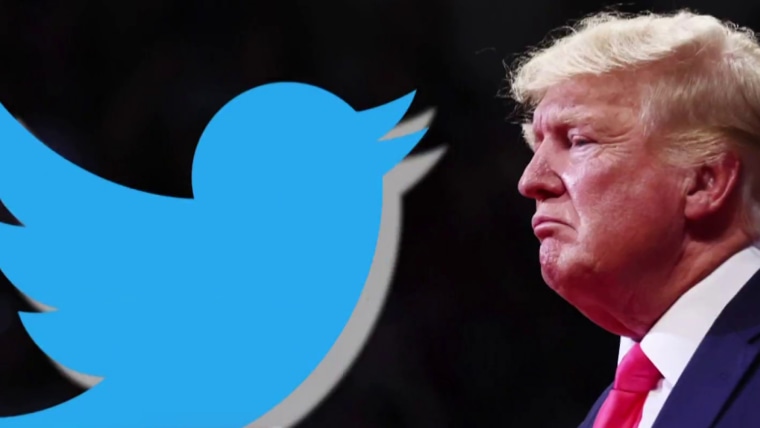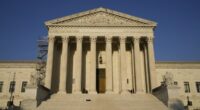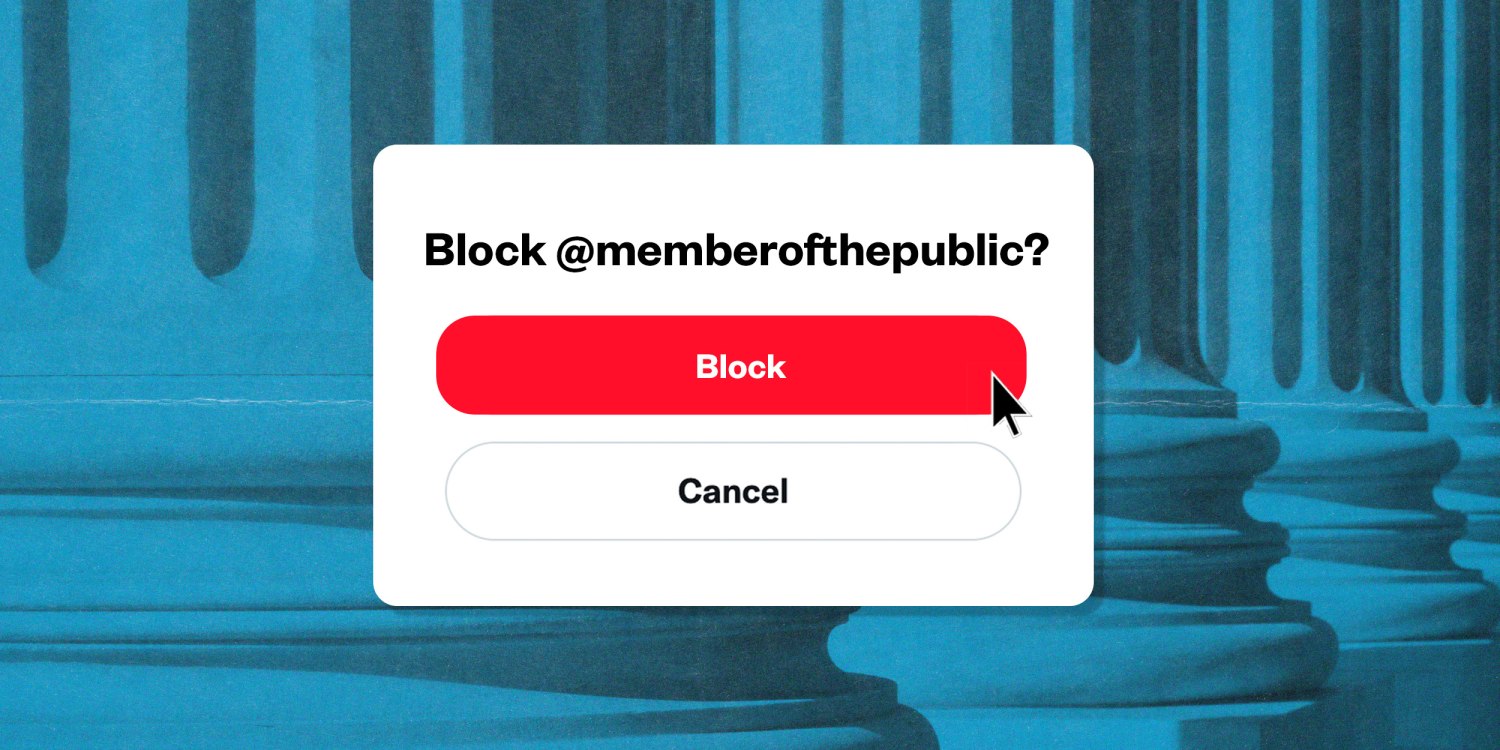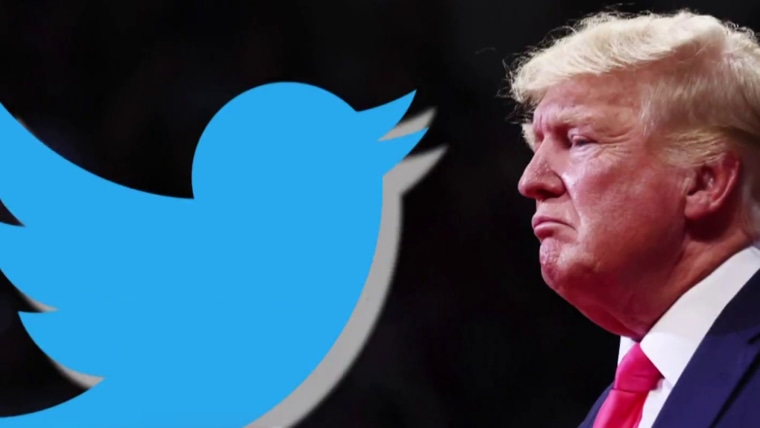WASHINGTON — The Supreme Court agreed Monday to decide whether people can sue public officials who block them on social media — a legal question left unresolved in a previous case involving former President Donald Trump’s Twitter account.
The court took up two separate cases involving much-lower-profile figures — two members of the Poway Unified School District Board of Trustees in southern California and the city manager of Port Huron, Michigan. But the legal dispute is the same: Can blocking someone on social media give rise to a free speech violation under the Constitution’s First Amendment?
It’s a recurring question that has arisen at all levels of government as elected officials increasingly use social media to interact with voters. The Supreme Court’s ruling will have a broad impact in guiding how lower courts handle such cases.
In the California case, board members Michelle O’Connor-Ratcliff and T.J. Zane in 2017 blocked Christopher and Kimberly Garnier, parents of students in the school district, from commenting on their Facebook pages, and in the case of O’Connor-Ratcliff, responded to her Twitter posts. Zane has since left office.
The frequent comments by the Garniers were not profane or violent but were repetitive and lengthy, the San Francisco-based 9th U.S. Circuit Court of Appeals found in a 2022 ruling in favor of the couple, which upheld a similar ruling by a federal judge in the Southern District of California.
The appeals court concluded that the elected officials were acting in their official capacities and that social media accounts are akin to a public forum. The court also rejected the officials’ argument that their social media pages were not official channels for members of the public to communicate with the government.
The Michigan case arose in March 2020 when the Covid-19 pandemic broke out. City Manager James Freed posted information on his Facebook page, which described him as a “public figure,” about efforts the city was taking to deal with the public health crisis.
One resident, Kevin Lindke, posted comments criticizing the city’s response, prompting Freed to block him.
Freed says the Facebook page, which is no longer active, was a personal page. He used it to share pictures of his family and comment on his daily activities, he added.
In a June 2022 ruling, the 6th U.S. Circuit Court of Appeals, upholding a lower court ruling, said Freed was not acting in his official capacity and therefore his Facebook activity did not constitute “state action” that could give rise to a lawsuit.
The Supreme Court in 2021 threw out the similar lawsuit brought against Trump because at that point he had left office and the case was moot, meaning the legal question was left unresolved. At that point, Twitter had also banned Trump’s account, although the company’s new owner, Elon Musk, has since reversed course. In Trump’s case, courts ruled against the president, noting that he often used his Twitter account to make official announcements.
Conservative Justice Clarence Thomas wrote at the time that the case highlighted that “applying old doctrines to new digital platforms is rarely straightforward.” While in some ways Twitter could be seen as a public forum, in other ways it is a private space over which the company has broad power, Thomas noted, pointing out its decision to ban Trump.
Source: | This article originally belongs to Nbcnews.com











